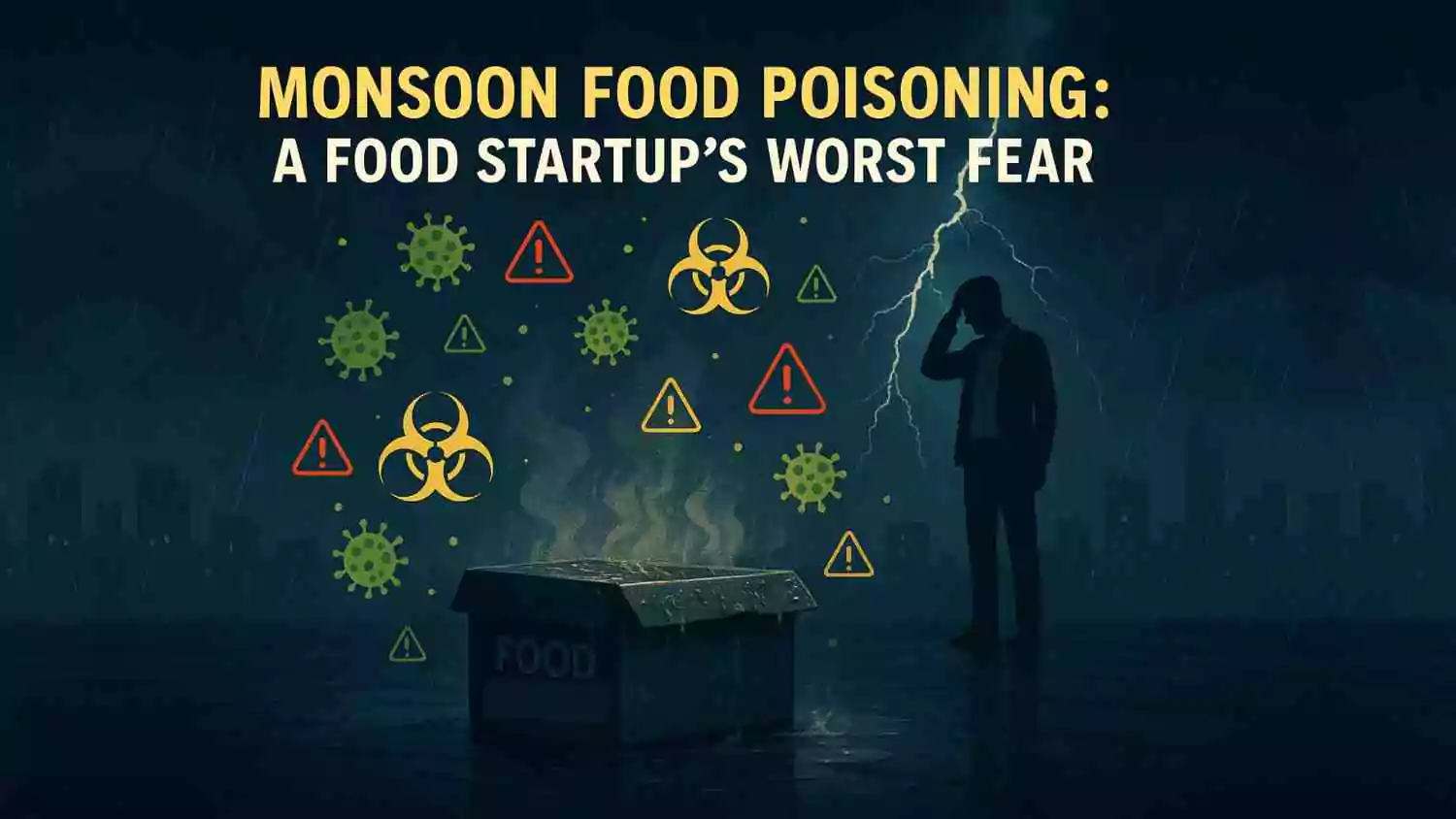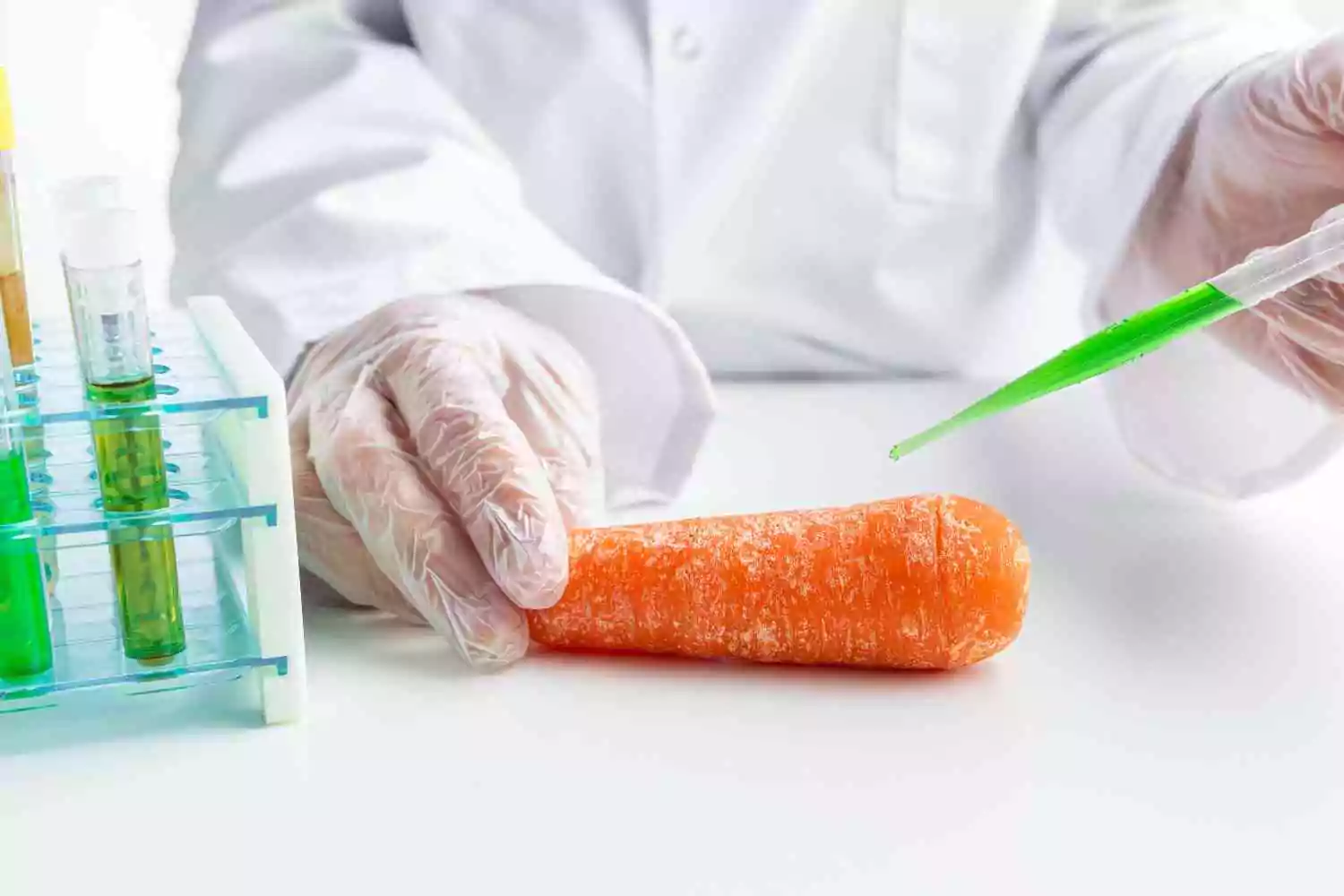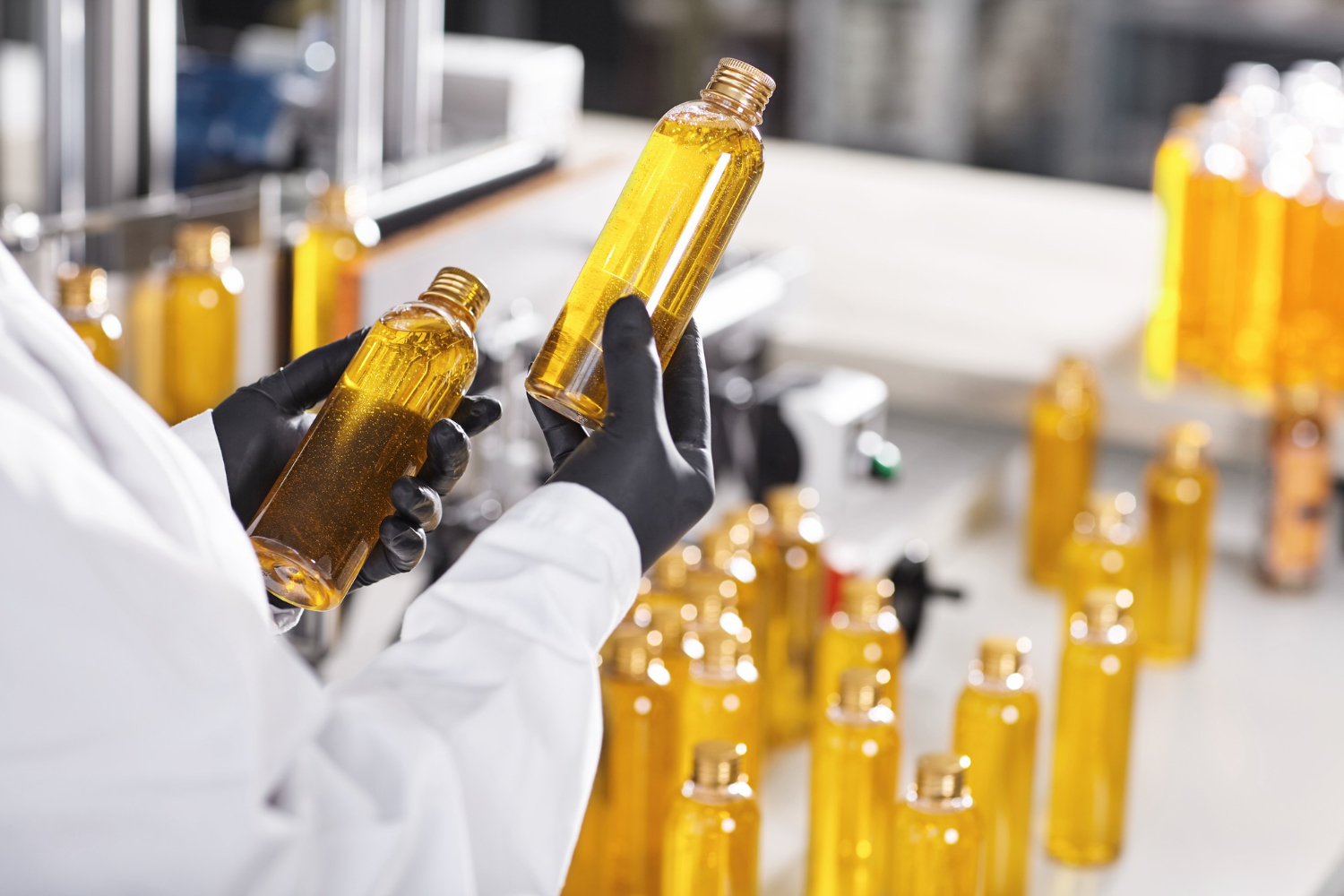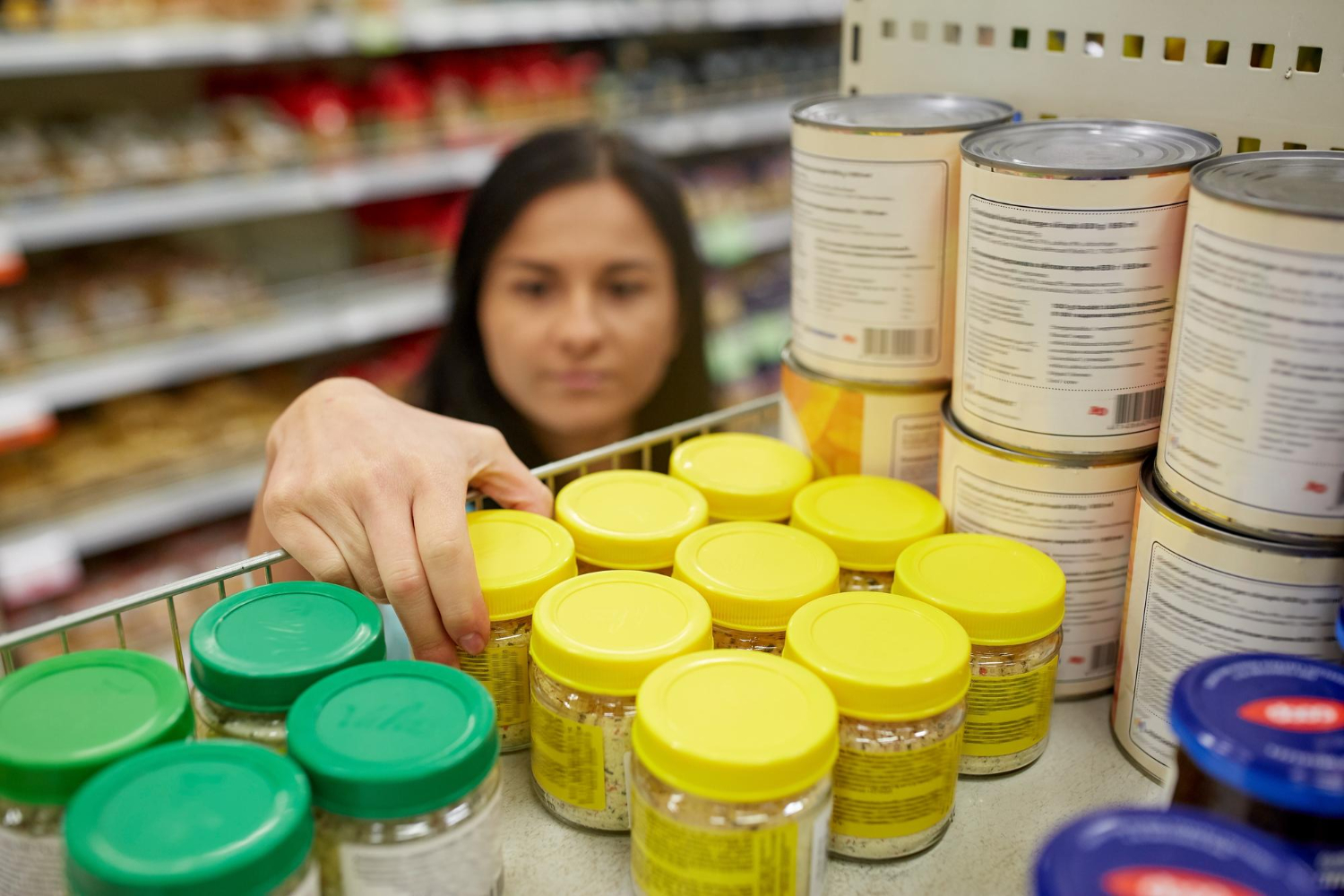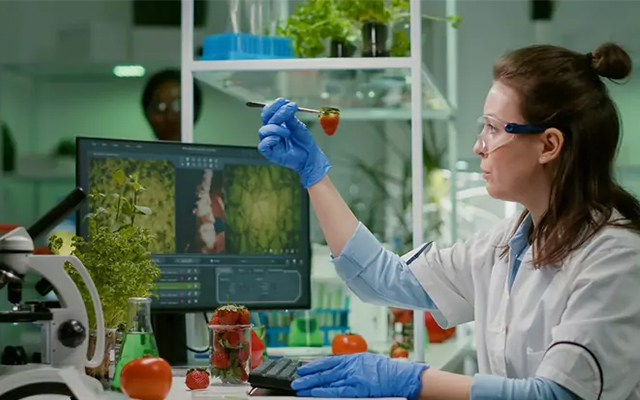7 Reasons Why Food Manufacturers Should Test for Heavy Metals and Pesticides
- 15 November, 2024
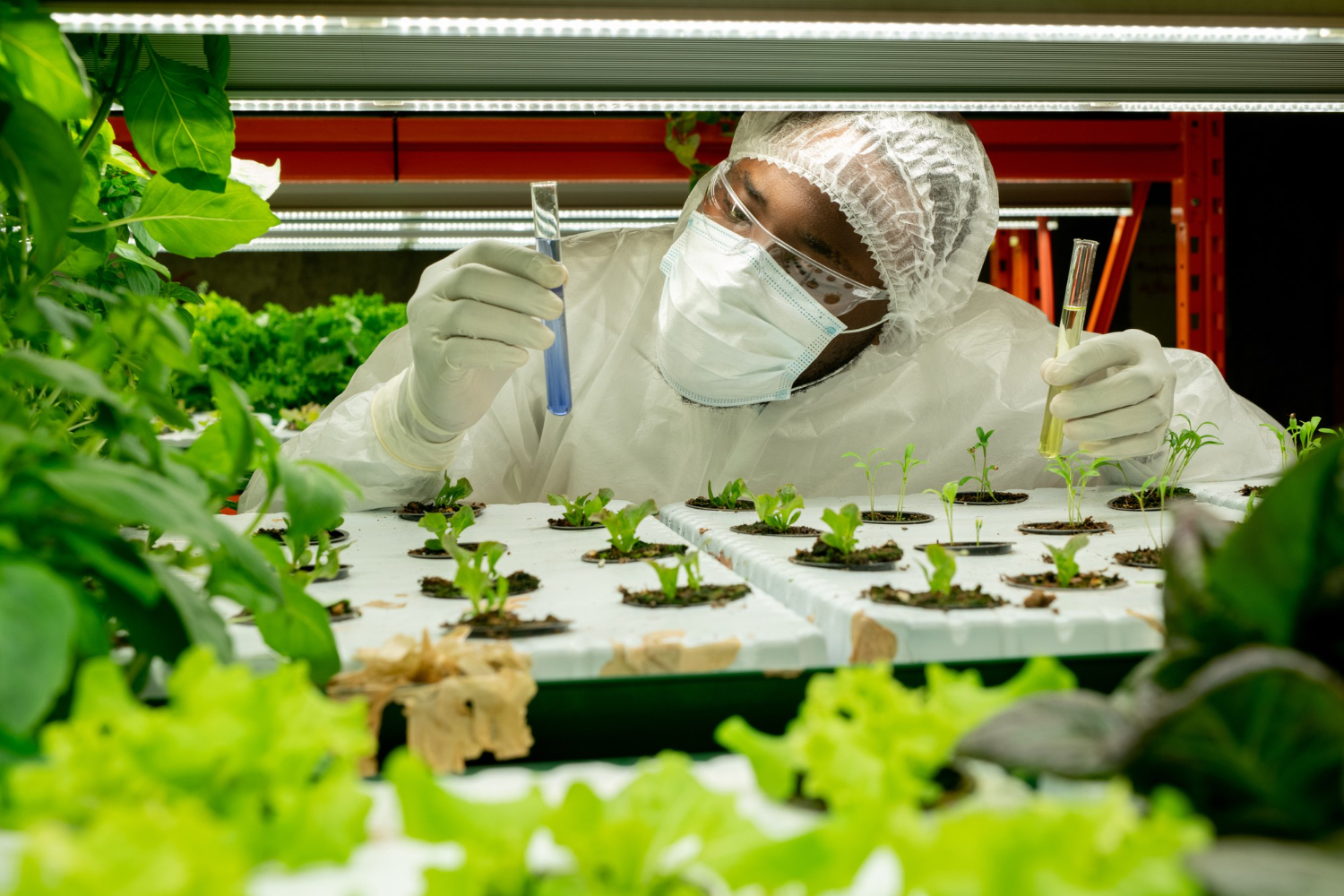
In today’s food industry, the demand for safe, high-quality products is higher than ever. Food manufacturers are under constant pressure to meet regulatory standards and consumer expectations.
Ensuring that food is safe is no longer just an option; it’s a necessity. One of the most effective ways to protect your brand and customers is through regular food testing, especially for heavy metals and pesticides. These contaminants can pose serious health risks if not properly monitored and controlled.
Here’s why every food manufacturer should prioritise testing for heavy metals and pesticides.
1. Understanding the Threat of Heavy Metals
Heavy metals are naturally occurring elements that can be toxic in large amounts. Some common heavy metals found in food include lead, mercury, cadmium and arsenic. These elements can make their way into the food chain through contaminated soil, water and air. For example, crops may absorb heavy metals from polluted soil, while fish can accumulate mercury from contaminated water.
Heavy metal contamination can affect a wide range of food products, from grains and vegetables to seafood and dairy. Even low levels of these metals can have long-term effects on human health, leading to serious conditions such as kidney disease, neurological issues and cancer. Given these risks, it’s crucial for food manufacturers to conduct thorough testing to detect any heavy metal contamination in their products.
2. The Risks Associated with Pesticides
Pesticides are chemicals used to protect crops from pests and diseases. However, traces of these chemicals often remain on the food we eat, even after processing. Pesticide residues can be particularly concerning as they may accumulate over time, leading to health problems such as hormonal imbalances, reproductive issues and cancer.
For food manufacturers, the presence of pesticide residues can lead to regulatory issues and consumer mistrust. Many countries have strict limits on pesticide residues in food, and failing to comply with these regulations can result in product recalls, fines or even bans. By testing for pesticide residues, food manufacturers can ensure their products are safe and compliant with international standards.
3. Ensuring Compliance with Regulations
In India and worldwide, there are strict regulations governing the levels of heavy metals and pesticides in food products. The Food Safety and Standards Authority of India (FSSAI) sets permissible limits for contaminants in food to protect public health. By conducting regular food testing, manufacturers can ensure their products meet these standards and avoid legal complications.
Working with a reputable food testing lab in India can help food manufacturers stay compliant with these regulations. Food testing labs offer advanced testing services that can detect even trace amounts of heavy metals and pesticides in food. This ensures that manufacturers are always informed about the quality of their products and can take corrective actions if needed.
4. Building Consumer Trust
Today’s consumers are more informed than ever about food safety issues. They are concerned about what goes into the food they eat and demand transparency from food brands. A single contamination incident can damage a brand’s reputation, leading to loss of customer trust and market share. For food manufacturers, investing in food testing is a proactive way to show commitment to safety and quality.
By partnering with a reliable food testing lab, manufacturers can provide documented proof of their products’ safety, giving consumers confidence in their purchases. This level of transparency is essential for building long-term relationships with customers and standing out in a competitive market.
5. Reducing Health Risks for Consumers
Heavy metals and pesticides pose significant health risks, especially to vulnerable populations like children, pregnant women, and the elderly. Long-term exposure to these contaminants, even in small amounts, can have serious health consequences. For example, lead is known to cause developmental issues in children, while pesticide exposure is linked to various cancers.
As a food manufacturer, ensuring the health and safety of consumers should be a top priority. Regular food testing can help detect any traces of harmful substances, allowing manufacturers to take action before these products reach the market. This proactive approach not only protects consumers but also reduces the risk of legal liabilities associated with foodborne illnesses and contamination.
6. Protecting Your Brand from Product Recalls
Product recalls are costly, both financially and in terms of brand reputation. A recall due to heavy metal or pesticide contamination can lead to lost revenue, decreased consumer trust and even legal actions. By working with a food testing lab, manufacturers can minimise the risk of recalls by identifying potential contaminants before the products leave the facility.
A reliable food testing lab in India can provide comprehensive testing solutions, ensuring that all products meet the required safety standards. This helps manufacturers avoid the risk of recalls and maintain a positive brand image in the eyes of consumers.
7. Choosing the Right Food Testing Lab
Selecting a trustworthy food testing lab is essential for accurate and reliable results. A good food testing lab in India should be accredited, with state-of-the-art equipment and skilled professionals who can handle the complexities of testing for heavy metals and pesticides. The lab should be able to detect even minute traces of contaminants, ensuring that food manufacturers have complete confidence in their products’ safety.
When choosing a food testing lab, it’s also important to consider turnaround times and the range of services offered. A full-service lab that can conduct multiple tests in a timely manner will be invaluable for keeping production timelines on track while ensuring all products are thoroughly tested for safety.
Heavy metals and pesticides are serious threats to food safety, and the risks associated with these contaminants are too great to ignore. For food manufacturers, regular testing is not only essential for compliance with regulatory standards but also for protecting consumers and building trust in the brand. Partnering with a reliable food testing lab in India is an investment in quality, safety and the future success of your brand.
With consumers demanding higher levels of transparency and quality, food testing is no longer optional—it’s a crucial part of responsible food manufacturing. By testing for heavy metals and pesticides, you can take a proactive step in delivering safe, high-quality products that consumers can trust.




